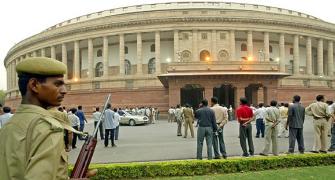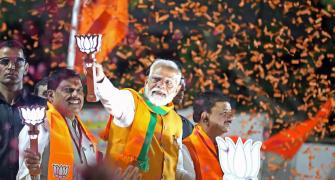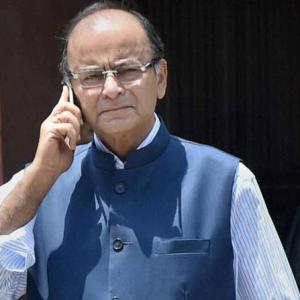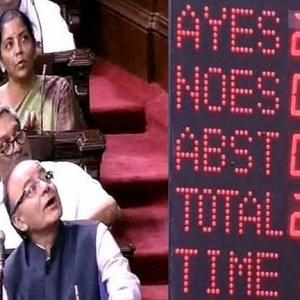 Luxury cars and big sports utility vehicles are not going to turn cheaper with the implementation of the goods and services tax.
Luxury cars and big sports utility vehicles are not going to turn cheaper with the implementation of the goods and services tax.
Even though the peak rate of 28 per cent under GST is lower than the 54 per cent taxes (central and state) that larger cars currently pay, an additional cess will be imposed to compensate the difference.
It is immediately not clear how GST will impact the mass car market. Experts, however, say the level of tax on smaller cars will have to be at a differential to the sedans.
The same arguments have been made in favour of the alternate fuel vehicles such as electric and hybrid. “India needs to promote small and alternate fuel vehicles. If the taxes on small cars and sedans are similar, many buyers may opt for bigger cars. This can add to the problem of pollution and congestion and it is not desirable,” said Abdul Majeed, partner at Price Waterhouse.
India has grown to be a predominantly small car market and the taxation structure, especially excise duty, had a role to play in promoting it. Currently, a small car attracts 12.5 per cent excise duty. This should have a length of less than four metres and an engine capacity of less than 1,200cc for petrol or less than 1,500cc for a diesel car. Maruti’s Alto and WagonR, and Hyundai’s i10 are small cars. Interestingly, two-wheelers, three-wheelers, trucks and buses enjoy the same excise duty.
At the next segment of vehicles, the excise rate almost doubles to 24 per cent. This is defined by a length of four metres but an engine capacity similar to a small car. Toyota’s Etios and the Honda City are in this segment. The next slab of 27 per cent excise duty is imposed on vehicles over four metres and with a petrol engine of 1,200cc or diesel engine of 1,500cc. The Honda Accord and Maruti Ciaz (petrol) are in this segment.
- Luxury cars and big SUVs will not be cheaper with the implementation of GST
- Though the peak rate of 28% under GST is lower than the taxes that larger cars currently pay, the additional cess will rake up the prices
- Experts say the level of tax on smaller cars will have to be at a differential to the sedans
- India is a predominantly small-car market because of the taxation structure and excise duty
- Currently, a small car attracts 12.5% excise duty
- Highest excise of 30% is imposed on multi utility vehicles (MUVs) and SUVs.
- In addition to excise, vehicles also attract value-added tax and road tax at the state level, that are higher on sedans, SUVs and luxury cars
The highest excise of 30 per cent is imposed on multi utility vehicles (MUVs) and SUVs. These must have a length of over four metres, engine of over 1,200cc for petrol or over 1,500cc for diesel, and a ground clearance over 170 mm. An industry official said all the segments have grown in recent years irrespective of the differentiation in taxes. “Those who have been buying sedans and luxury cars have a greater capacity to pay. The government cannot bring down taxes for these buyers,” he said.
In addition to excise, vehicles also attract value-added tax and road tax at the state level. These taxes are also higher on sedans, SUVs and luxury cars. The automobile industry’s apex body, Society of Indian Automobile Manufacturers (Siam), has sought a standard tax rate for small cars and MUVs in GST, while pressing for an additional eight per cent tax on other cars.
It has also suggested a minimum relaxation of eight per cent in taxes on electric/hybrid or alternate fuel cars. And, a standard rate on two-wheelers, three-wheelers and commercial vehicles.
Photograph: Reuters.










